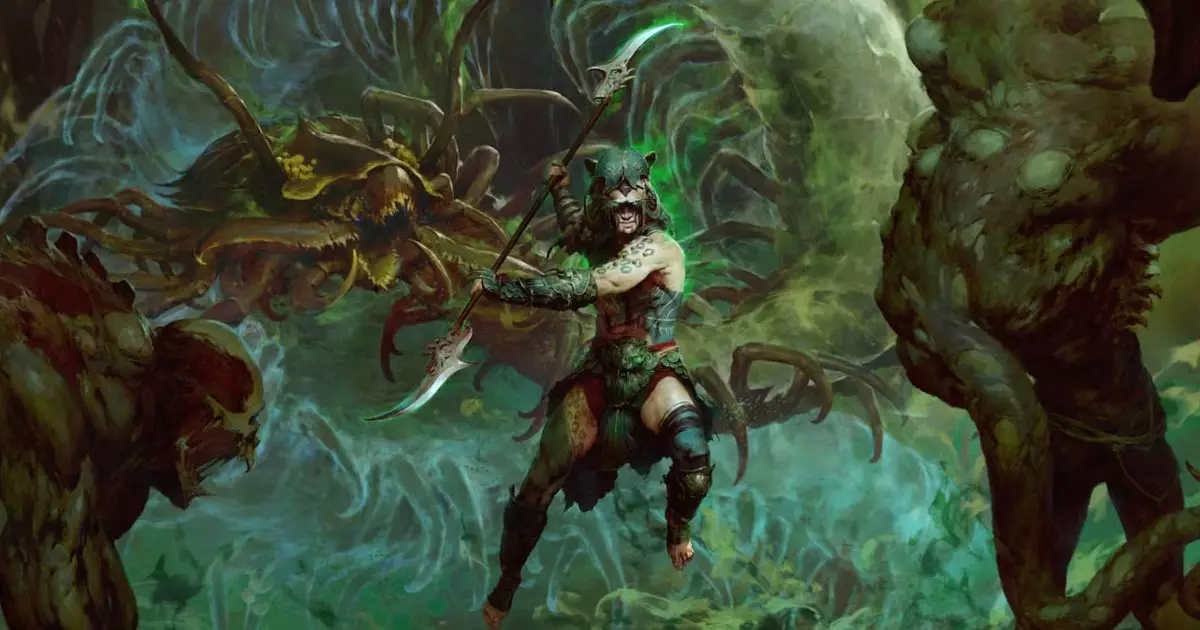The phrase “Action RPG” often evokes a plethora of interpretations across the gaming community, leading to substantial confusion regarding its true meaning. For enthusiasts and casual players alike, the distinctions within the genre can be rather irritating. Primarily, we see titles such as Diablo 4 and Path of Exile categorized as ARPGs—short for Action Role-Playing Games—but then we encounter iconic franchises like The Legend of Zelda, which also fall under this umbrella despite their divergent gameplay mechanics. This begs the question: can we truly classify both under the same term when their experiences diverge so significantly?
Indeed, the term “ARPG” fails to encapsulate the complexities and nuances of the genre. When one endeavors to compare or contrast elements within this category, the layers of meaning become unduly convoluted. As a result, the standout suggestion from Diablo series producer Rod Fergusson to label similar games as “Diablo-likes” reflects not only a practical approach to navigating this thicket of terminology, but also highlights a subtle arrogance. This nomenclature insinuates an implicit hierarchy of quality that could marginalize countless game developers and their innovations.
Linguistic Colonialism in Gaming
The phrase “linguistic colonialism,” as I like to refer to it, arises when one title begins to dominate the lexicon at the expense of others. Fergusson’s proposition, to an extent, reinforces the idea that the Diablo franchise defines the very parameters of what constitutes an ARPG. This is perplexing, considering that the original installment in the series, while groundbreaking, spurred an array of titles that have either transcended or diverged from its foundational principles. While Fergusson’s desire to simplify the discussion is commendable, his stance can inadvertently dismiss the creativity brewing in the indie sector and smaller studios pushing the boundaries of what an ARPG can be.
In digital spaces such as social media, dissent around such pronouncements is inevitable. Comments sections become battlegrounds where fans vehemently advocate for or against the implications brought forth by industry leaders. Critics argue that labeling similar games as “Diablo-likes” not only perpetuates a skewed perception of quality but also diminishes the artistic merit of uniquely crafted narratives and gameplay experiences emerging from outside the Diablo mold.
Finding Common Ground: Beyond Terminology
Ultimately, navigating the world of ARPGs requires more than just a dictionary definition. The diversity of experiences that these games offer must be embraced rather than constricted to a singular interpretation. Rather than settling for labels, perhaps we should celebrate the multifaceted nature of these games. The genres coalesce and ferment within myriad variations, from traditional RPGs that have found their rhythm in action gameplay to pure action games that have incorporated RPG elements to enhance player agency and story depth.
Therefore, the next time we discuss Action RPGs, let’s approach these titles with an open mind, appreciating their individuality rather than confining them to the shadows of a homogenous category. After all, gaming is not just about fitting into a predefined genre; it’s about the endless possibilities that arise from creativity, innovation, and storytelling. Let’s expand our vocabulary to reflect that.

